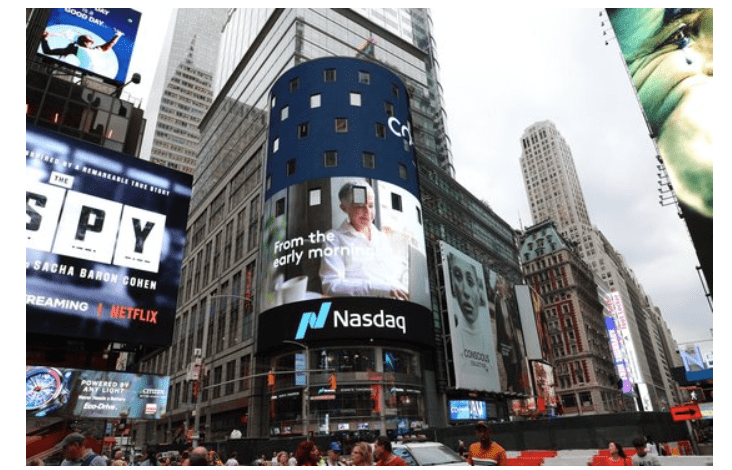Technology stocks have encountered a big problem: the holdings of large U.S. funds have reached the “limit”
Many large U.S. investment funds have struggled to keep chasing a stock index increasingly dominated by a handful of large technology stocks because they are subject to diversification rules that prevent them from buying more popular stocks .
Fidelity, BlackRock( 734.18 , 6.31 , 0.87% ) (BlackRock), JPMorgan Chase( 153.84 , 0.46 , 0.30% ) Asset Management (JPMorgan Asset Management), American Century (American Century) and Morgan Stan Major asset managers and mutual funds such as Morgan Stanley Investment Management ( 91.85 , 5.48 , 6.34 percent ) have reached strict regulatory limits that determine whether a fund (91.66, 5.29, 6.12%) be classified as ” diversified . ” change”.
The trend is further evidence that an uneven rally in U.S. stocks driven by just a handful of big names is causing unexpected problems for investors and index providers. It follows news that even the Nasdaq 100 ( 14220.6969 , -24.25 , -0.17% )Apple( 193.015 , -0.97 , -0.50% ) , Microsoft( 346.76 , 1.03 , 0.30% ) and the dominance of big players like Nvidia. The Nasdaq 100 is most closely associated with ambitious technology groups. The S&P 500 has risen 18% so far this year, but seven large technology stocks accounted for most of the gains.
Mutual funds registered with the SEC as “diversified” cannot have more than 25% of assets in large holdings — defined as a single stock in the fund’s portfolio at the time of investment accounted for more than 5%.
Funds will not be penalized if the value of their existing large-cap holdings exceeds the 25% cap, but they will no longer be able to buy affected stocks.
For example, at the end of May, Fidelity’s $108 billion Contrafund could no longer buy shares in Meta, Berkshire Hathaway( 526470.05 , 2970.05 , 0.57% ) , Microsoft and Amazon( 132.04 , -1.52 , -1.14% ) , as they together make up 32% of its portfolio.
BlackRock’s Technology Opportunities Fund was banned from increasing its holdings in Apple, Microsoft and Nvidia, while JPMorgan’s large-cap growth fund held more than its limits in Microsoft, Apple, Nvidia, Alphabet and Amazon .
The recent rally means that even funds that reflect only major benchmarks such as the Russell 1000 Growth Index are overshooting the ceiling.
The SEC said in 2019 that it would not impose tougher 25% limits on passive funds that violate guidelines when tracking an index, but the limits make it harder for active managers to place their bets.
Some asset managers, such as T Ro we( 0.2771 , -0.02 , -5.52% )That allows them to make more concentrated bets, but requires shareholder approval, which could turn off potential clients who view non-diversified funds as risky.

Stephen Cohen, a partner at law firm Dechert, said the most likely outcome for any funds that inadvertently violated the rules would be for the SEC to force them back into compliance. However, funds that lose money due to default may also face legal action from investors. “Plaintiffs will argue that the fund removed diversification without shareholder approval and therefore made a material misstatement in its registration statement to the detriment of shareholders,” Cohen said.